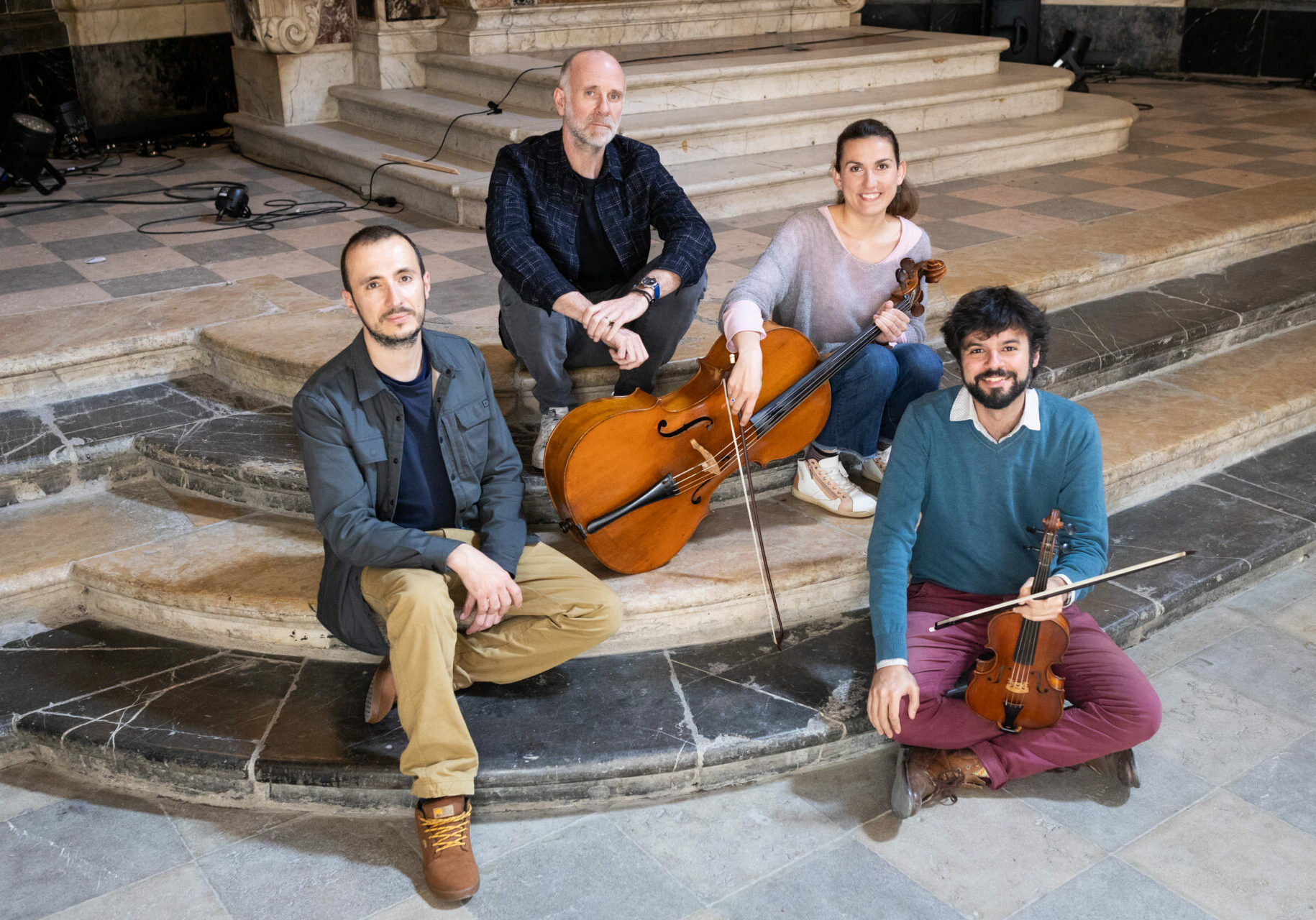Clément Walker-Viry
Composer
Clément Walker-Viry is a multi-faceted composer, keyboardist and performer. Trained as a child in classical piano, he soon developed a taste for improvisation, writing and sound research. His career has taken him through a variety of worlds - from film music to theatre, from song to modular synthesis. His work lies at the crossroads of classical, electronic and experimental music, in a constant dialogue between writing and improvisation, machines and acoustic instruments.
At the age of 16, Clément won a regional first prize for piano, followed by an honour prize at the international competition Brin d’herbe d’Orléans. Alongside his demanding classical training, he also opened up very early on to other musical languages: jazz, contemporary music, composition and orchestration. He was in residence at the Académie Musique Vivante from 2014 to 2017, where he presented over a dozen original works, setting his work in a dynamic context of living contemporary creation.
At the same time, he has made a name for himself through his interdisciplinary collaborations: he has composed for the theatre, at the Théâtre du Rond-Point, in Pierre Notte's productions (L’Effort d’être spectateur, Je te pardonne – Harvey Weinstein), and created film soundtracks for directors graduating from the FEMIS and ENSAD.
Clément explores a more intimate universe through song and electronic music. His debut album Maudit Mirage, released in 2021, blends synth-pop, ambient and poetic writing.
At the request of the Concert de l’Hostel Dieu, he composed a series of pieces for solo cello and looper. These works, performed by Aude Walker-Viry, are presented as part of Movimento, a multidisciplinary show combining hip-hop dance and baroque music. The project offers a choreographic and musical variation on the theme of Bach et le mouvement. As part of this process of cohabitation between acoustic instruments and sound technology, Clément is developing ambitious research into the integration of sound synthesis into the classical and baroque repertoires. He explores the expressive potential of electronic instruments, in particular Expressive E's Osmose synthesiser, to re-orchestrate and compose works on the boundaries between concert and electronic performance. This interplay between registers, far from being compartmentalised, becomes a constant, life-saving source of inspiration.

